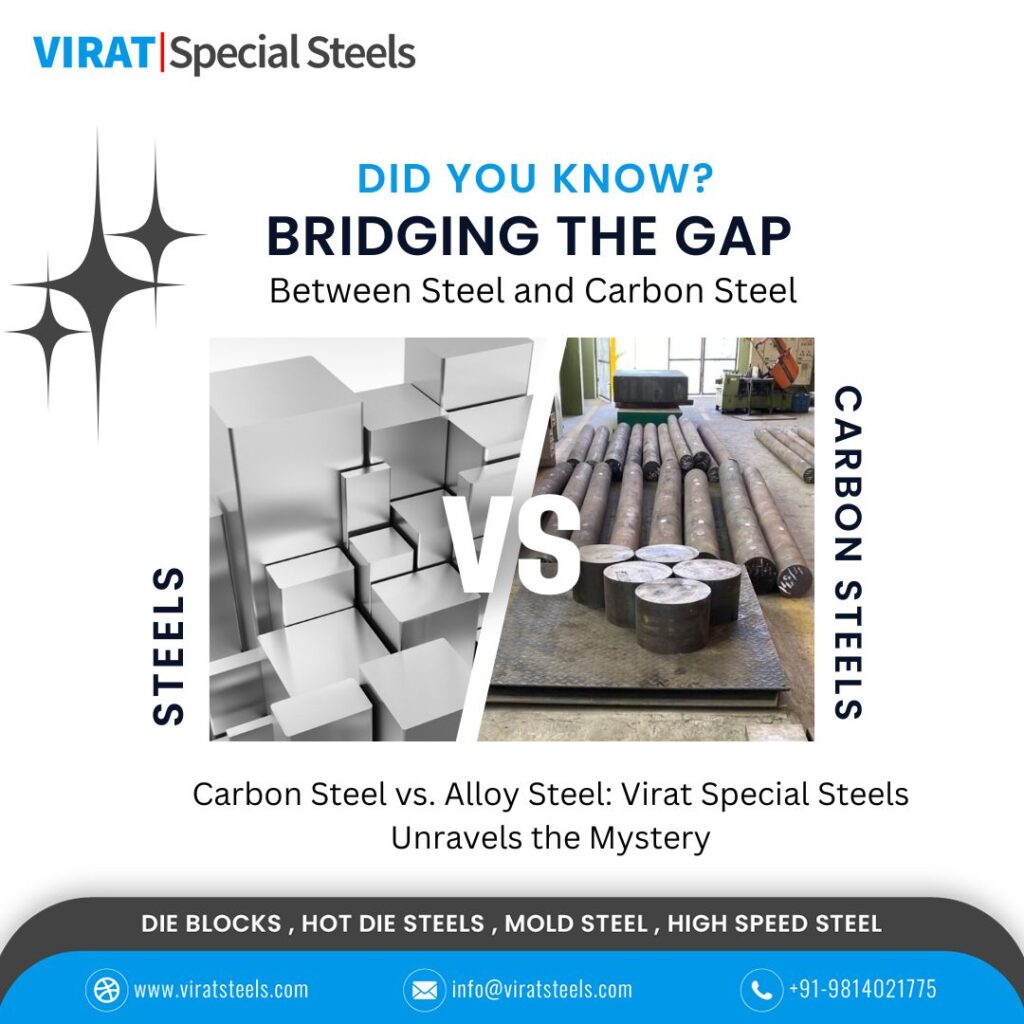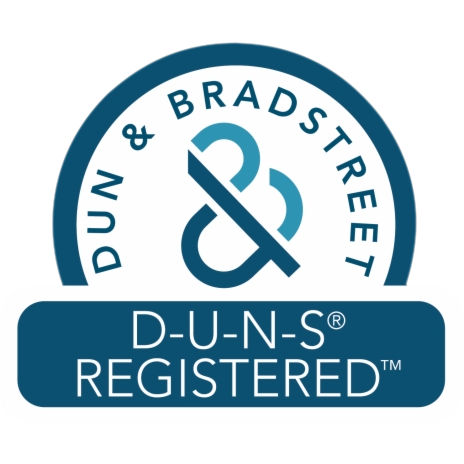Understanding Steel and Carbon Steel a Comprehensive Guide!
Steel and carbon steel are two materials that are integral to modern construction and manufacturing. While they may seem similar, there are distinct differences that make each suitable for specific applications.

Steel:
Steel is an alloy made primarily of iron and carbon, but it can also contain other elements like silicon, manganese, chromium, nickel, and molybdenum. These elements are added to give steel certain properties, such as increased strength, ductility, and resistance to corrosion. Steel’s versatility makes it ideal for a wide range of uses, from building infrastructure to manufacturing automobiles and airplane parts.
Carbon Steel:
On the other hand, carbon steel is a type of steel where carbon is the main alloying element. The amount of carbon can vary, resulting in different classifications such as mild, medium, high, and ultra-high carbon steel. These classifications affect the steel’s hardness, strength, and ductility. For instance, high carbon steel is extremely hard and strong, making it suitable for cutting tools and blades. However, it is less ductile, which means it is more brittle and can break under high stress.
Choosing the right type of steel is crucial for any project.
Factors to consider include the environment in which the material will be used, the desired durability, and the need for flexibility. For example, in corrosive environments, a non-corrosive type of steel would be necessary, while applications requiring a lot of shaping or bending would benefit from a more ductile steel.
Virat Special Steels stands out as a reputable supplier of tool steel, die steel, and mold steel in India. They offer steel in various sizes and shapes to meet diverse customer needs. With facilities in Gurgaon, Haryana, and Ludhiana, Punjab, Virat Special Steels is well-positioned to provide high-quality steel for a variety of applications.
Product List:
- DIE STEELS ( HH 370 – 410 BHN ) DIN-1.2714 / AISI L6 )
- HOT DIE STEELS (DIN 2343, 2344 / AISI H11, H13)
- PLASTIC MOULD STEELS (DIN 2738, 2311 , AISI P 20 )
- HIGH SPEED STEELS (DIN 3243 , 3343 / AISI M2 , M35)
- HCHCr. (DIN 2379 , 2080 / AISI D2 , D3)
- ALLOY STEELS, EN-SERIES ETC.
In conclusion, whether you’re involved in construction, manufacturing, or any industry that relies on steel, understanding the differences between steel and carbon steel is essential. By selecting the appropriate type of steel, you can ensure the longevity and success of your projects. Remember, when it comes to steel, making an informed choice is key, and Virat Special Steels is there to guide you through the process.






